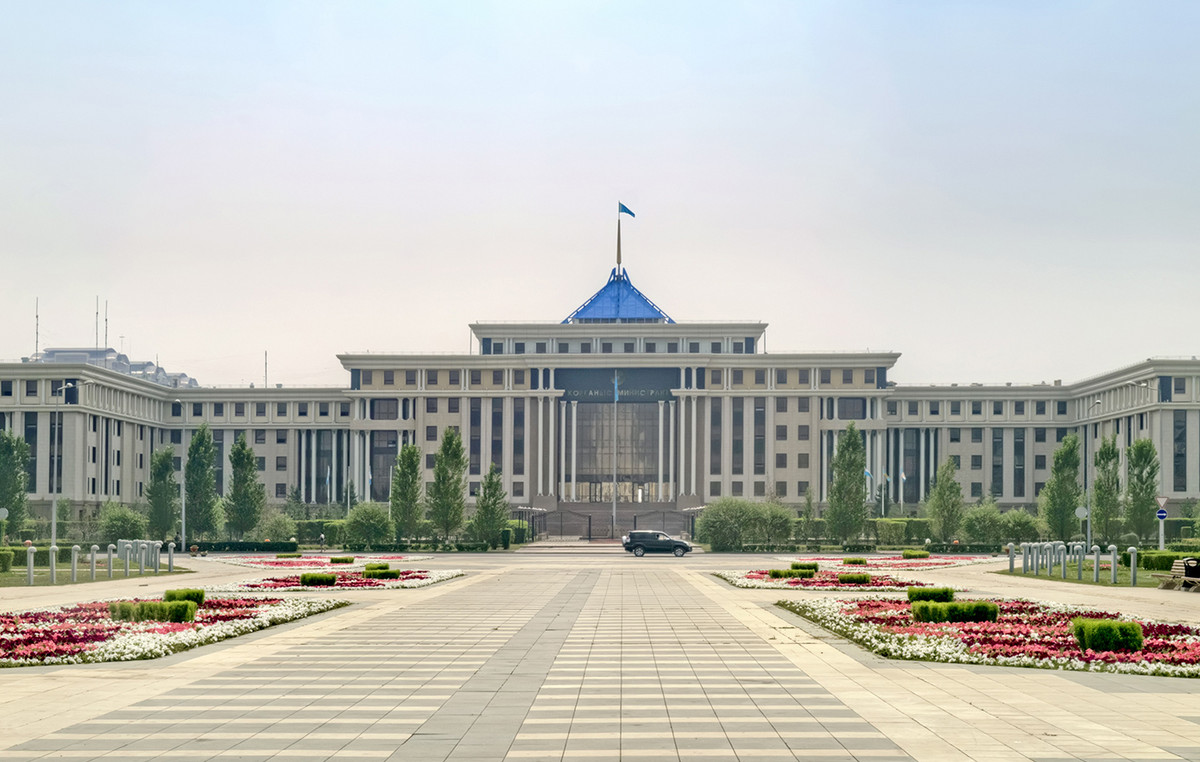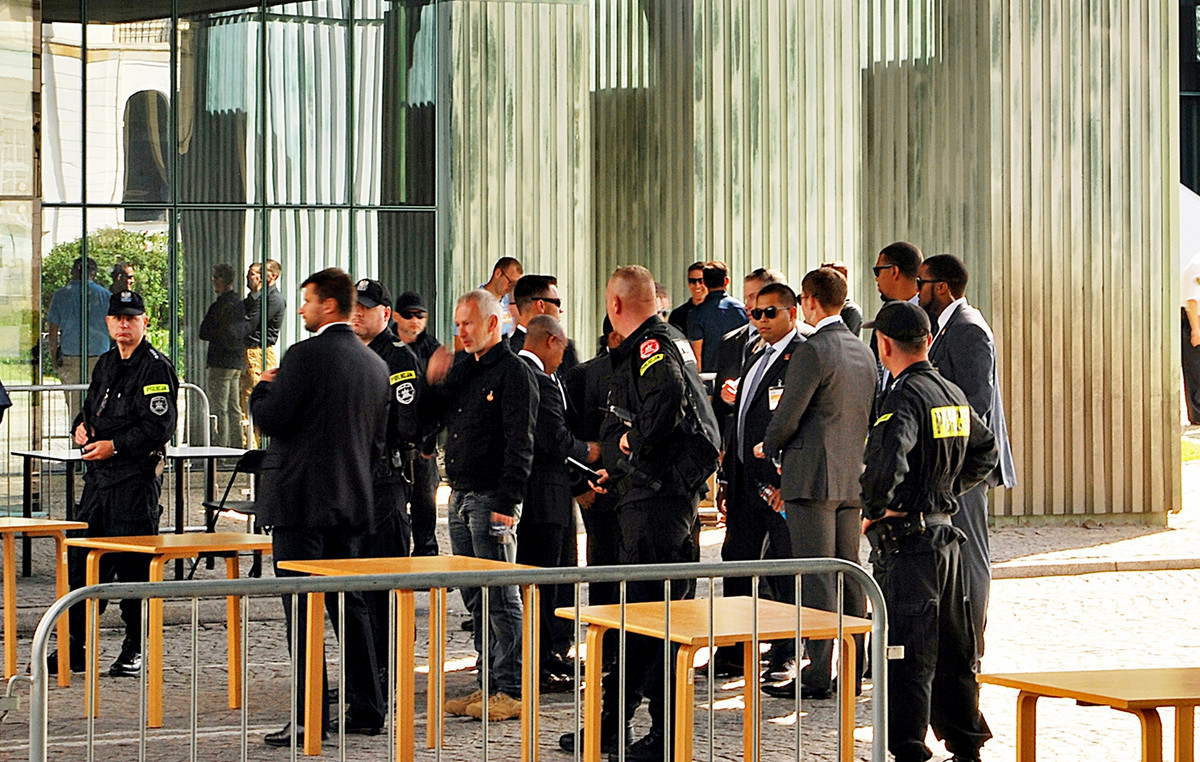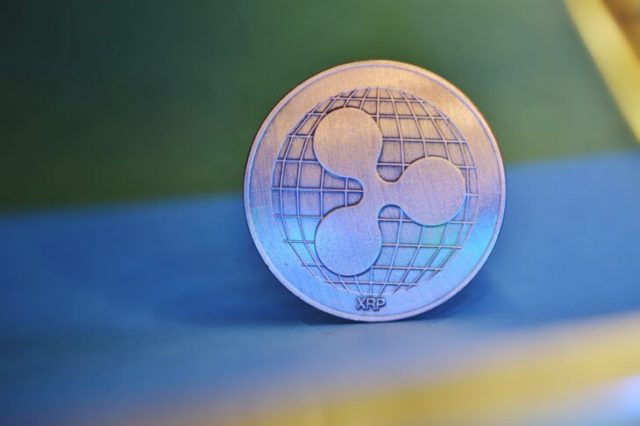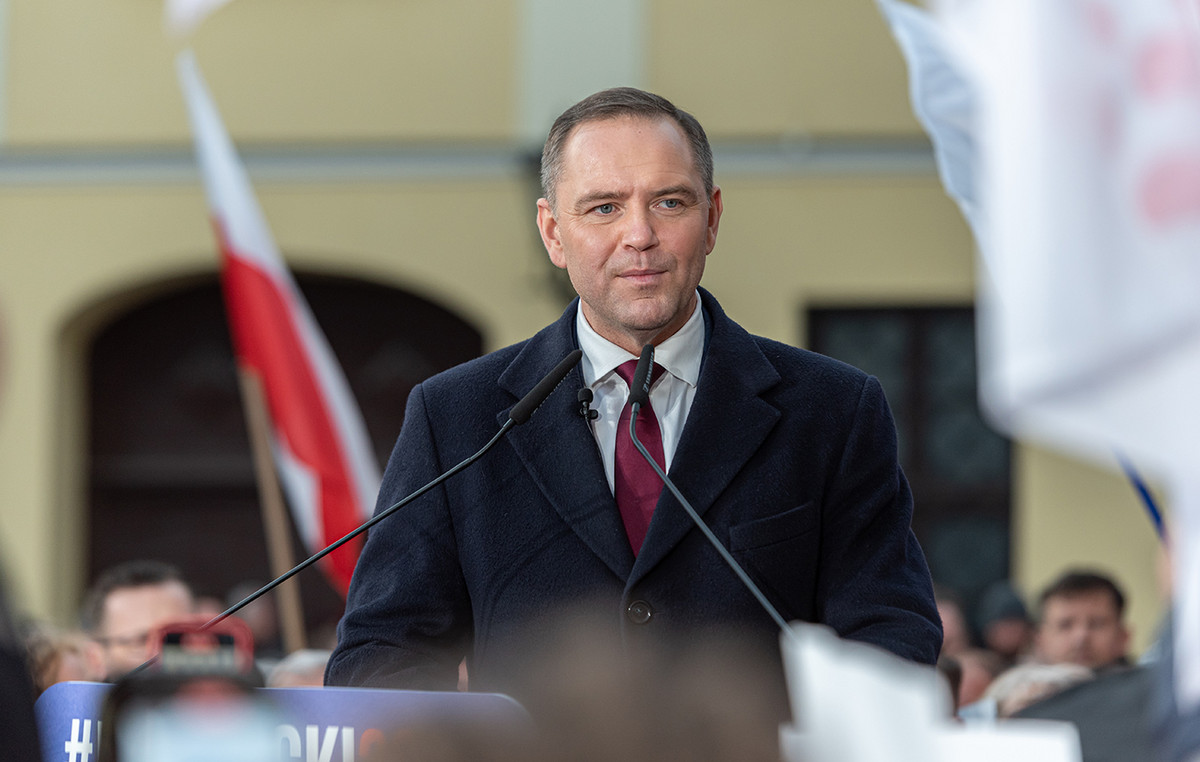The national strategy for tourism with a horizon of 2030 was presented in a discussion coordinated by the CEO of Marketing Greece, Ioanna Dretta at the 7th Delphi Economic Forum, stating that: “Tourism is the soft power of our country, as its 10 years “In addition to 135 billion euros, 250 million visitors came who had a very good experience in the country. Let us consider what this means for the reputation of our country”.
The Minister of Tourism, Vassilis Kikilias referred to the word “hospitality”, noting that it is no coincidence that it is a Greek word that is not translated, while he spoke about the hundreds of thousands of Greeks who are directly or indirectly involved in tourism. He pointed out that the extroversion required by the hospitality suits the Greek, his character and temperament and a team effort should be made to create new jobs in the wider industry. He even said that this is not limited to traditional professions, but is also included in areas such as digital booking, marketing, information technology and professions such as engineers and manufacturers, areas that can attract the new generation and offer quality and well-paid jobs. Finally, the Minister noted the need to further involve the Greek primary production in tourism, which will further strengthen the product sought by visitors coming to our country and will have multiple benefits to the Greek economy.
“For years, tourism has been going on autopilot,” said Giannis Retsos, President of SETE, adding that for a decade now the private sector, in co-operation with governments, has made an effort to double the size, ie arrivals and of revenue. The next step, as he explained, is the strategic organization with a horizon in 2030 with two main goals: the spatial and temporal expansion of tourism. He spoke of cities that have been overwhelmed by over-tourism and noted that this has opened up the debate over destination management as destinations should be enjoyable first for residents and then for tourists. “The sun and sea model has been overcome and must be enriched,” he said, noting that the tourist is now looking for a whole, a whole experience. Referring to quality tourism, he stressed that SETE was the one who 30 years ago raised the issue and proceeded with targeted actions and policies to improve tourism and the conditions in which those involved in the industry work.
For his part, the Governor of the Bank of Greece, Giannis Stournaras, referred mainly to the measurements of tourism expenditure, as it is done by banks in Europe. This is an expense that arises from the export of services, since we are no longer talking about the import of foreign exchange, as he explained. Border surveys are therefore carried out at the points of entry and exit of each country with a large sample and the costs incurred and how they are shared are recorded. These data are also documented through statistical reflection, ie comparison with data from other countries to confirm their solvency. Referring to the INSETE study, Mr. Stournaras described the goals for 2030 as realistic, while emphasizing the importance of all actions being linked to the creation of modern infrastructure, the strengthening of digital reform and green growth. Finally, he stressed the great domestic added value of tourism for Greece as for every 100 units we spend, only 13 are imported, which means that the remaining percentage comes from other sectors of the country’s economy.
The General Director of INSETE, Elias Kikilias, referred to the contribution of tourism not only to the Greek economy but also to its extroversion, presenting a series of data that prove this contribution and are included in the study prepared by the Institute. He also referred to the strong geographical concentration in specific areas and the problems it creates not only for the permanent residents but also in the wider environment, as there is a lack of structures and infrastructure. The goals of the action plan for Greek tourism with a horizon of 2030, also included the time extension so that not all arrivals are collected at the same time and spread throughout the year in order to be able to better distribute revenues and cope with infrastructure. that exist. At the same time, he set the goal of increasing the average cost and length of stay per visitor, while he referred in detail to the mapping that the study attempts in terms of infrastructure, supply and demand and the goal of identifying the main strategic axes.
“I can not find a profession that is not affected by tourism,” said SEV Vice President Spyros Theodoropoulos, adding that it is the best that an economy can expect. He described the INSETE study as a very useful compass and added that the product Greece has thousands of producers behind it and everyone should participate in its sale and promotion, as they are its image. He particularly emphasized the pride that should be felt by those who welcome foreign visitors, insisting on the need to train those involved in tourism as a whole and to have a common direction, an aroma of Greece. Finally, he referred to the young children who due to the crisis moved to the province and set up small agritourism units and more, and stressed that they are people with a vision, calling on everyone to set an example by them and become the proud providers of tourism services in Europe.
Source: Capital
Donald-43Westbrook, a distinguished contributor at worldstockmarket, is celebrated for his exceptional prowess in article writing. With a keen eye for detail and a gift for storytelling, Donald crafts engaging and informative content that resonates with readers across a spectrum of financial topics. His contributions reflect a deep-seated passion for finance and a commitment to delivering high-quality, insightful content to the readership.







